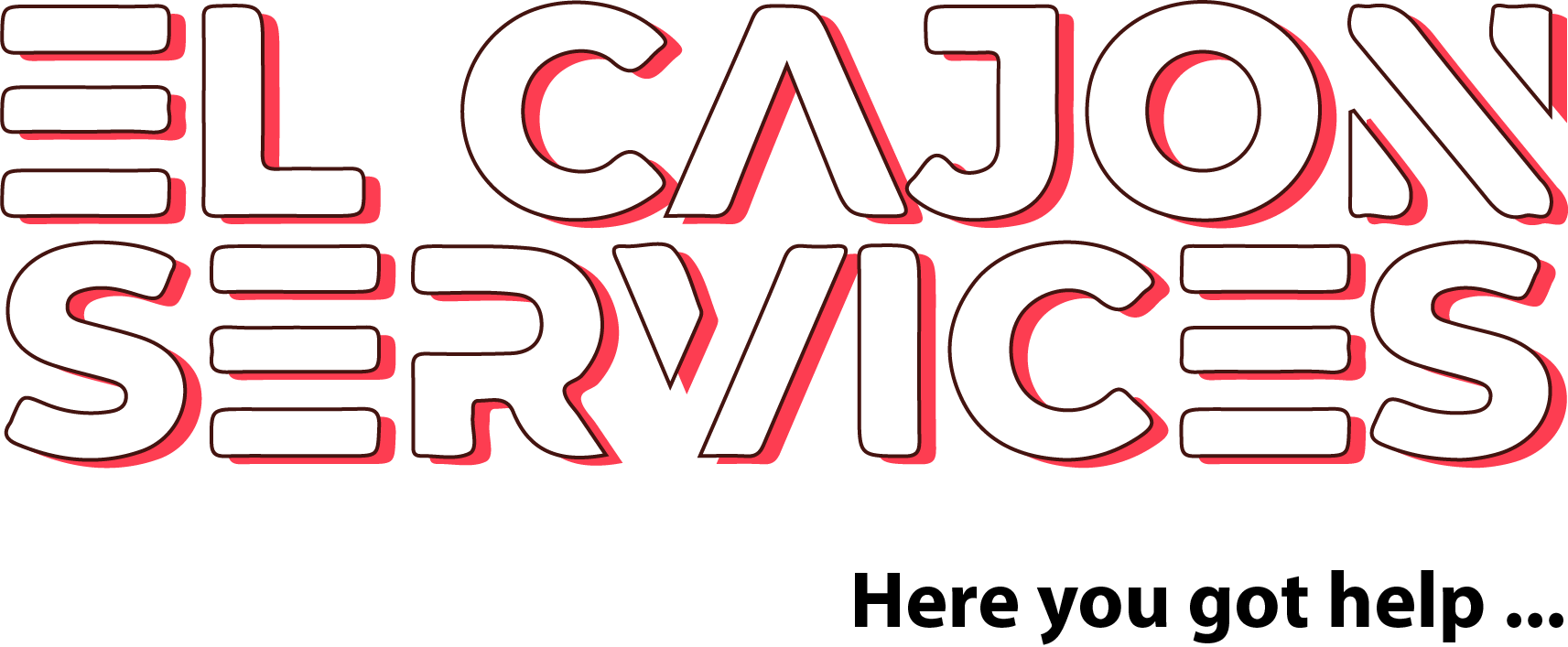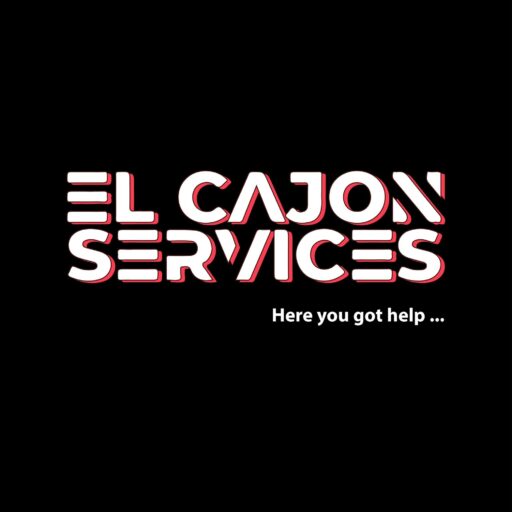Your Local SEO and Digital Marketing Experts in San Diego County
To live in Los Angeles right now is to know someone who is suffering. If you’re lucky, your home is intact and your evacuation bag is still waiting by the door. Maybe you even have electricity. But chances are there is someone in your life — a family member, a close friend, a co-worker — whose house has been destroyed by the unimaginable and unprecedented wildfire event that has already altered (and is still altering) the reality of our city.
For those of us without supernatural social skills, it is difficult to know how to respond when someone tells us their house has just burned down. We yearn to help, to provide support, to offer comfort, but what verbal or texted response can possibly be sufficient in the face of such devastating loss?
“I’m so sorry”? “I’m here for you”? “I love you”? “Are you OK?”
According to experts in processing grief and trauma, the answer is there is no right answer. But the most important thing you can do is be brave and reach out. Starting with any of the statements above is always going to be better than staying silent.
“Even one little statement like, “I’m here for you,” can help a person who has lost everything feel less helpless. It encourages hope and could be the first step to healing.”
— Melissa Caliboso-Soto, assistant director of clinical programs at the USC Suzanne Dworak-Peck School of Social Work.
“There isn’t a right thing to say or a perfect thing to say, but a lot of times after really big grief and loss, people are so scared to say anything that they don’t say anything at all,” said Claire Bidwell Smith. “And that’s really not helpful.”
It may feel trivial, but letting a friend, neighbor or co-worker reeling from a loss know you’re thinking about them and want to help can be extremely powerful, said Sarah Caliboso-Soto, assistant director of clinical programs at the USC Suzanne Dworak-Peck School of Social Work.
“It can provide a sense of support and relief that there are other people out there,” she said. “Even one little statement like, ‘I’m here for you,’ can help a person who has lost everything feel less helpless. It encourages hope and could be the first step to healing.”
If you want to go further, you can ask how you can help, said Melissa Brymer, director of terrorism and disaster programs for UCLA’s national center for child traumatic stress. “Many are going to be at a place where they don’t know yet, and you can say, ‘I get that, but I will be here for you as different needs come up.’”
To be proactive you can think through what burden you can help alleviate, she added. If your friend has kids in school, you might offer to take them to school along with your own kids when classes resume, or host a playdate at your house once a week to relieve some parenting pressure. If your loved one has a pet, you can offer to pick up pet food so they don’t have to. “Think about things that could ease any additional stressors, especially as they are navigating the things they are going through right now,” Brymer said.
Brymer also had some thoughts to share on what not to say. Specifically, asking someone how they’re feeling or how they’re doing may come off as insensitive, even if what you’re trying to do comes from a good place of wanting to check in.
“You might get a response like, ‘How do you think I’m feeling, don’t you know what I’ve been through?’” she said.
A better option is to ask a more specific question like, “How is it going today?” or “How is it going right now?’
“People who have lost so much may not know how they are feeling, but when you break it down, it allows them to focus on the pieces they are ready to talk about,” she said.
Bidwell Smith warned against the inclination to be too encouraging or positive with someone experiencing overwhelming loss. “Telling someone to look on the bright side or saying, ‘At least you have this,’ invalidates people’s grieving process, and people need to grieve,” she said. “It comes from a place of wanting people to feel better, but we have to be really careful not to use toxic positivity.”
And finally, just remember that it’s OK if it’s awkward or if you don’t know what to say.
“You can even say, ‘I don’t know what to say, but I’m here, I love you and I’m thinking about you,’” Bidwell Smith said.










